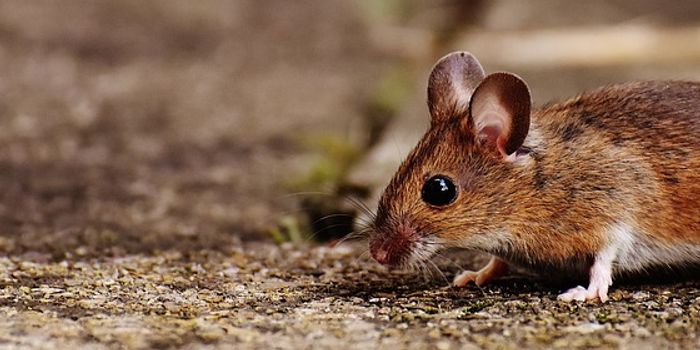World Environment Day 2020 Celebrates Biodiversity
Today is World Environment Day, and this year’s theme is biodiversity. As defined by the United Nations (UN), biodiversity includes Earth's eight million plant and animal species, the ecosystems in which they live, and the genetic diversity of their populations.
The United Nations calls the threat to biodiversity “urgent and existential,” citing the current pandemic and recent bushfires in Brazil, the United States, and Australia as a demonstration of the interconnectedness of humans and nature. According to the UN, biodiversity is the foundation for all life and impacts every aspect of human health. Biodiversity provides clean air and water, food, medicine, natural disease resistance, and climate change mitigation.
Unfortunately, human actions threaten biodiversity and the benefits reaped from it. Actions such as deforestation, habitat loss, and accelerated climate change have, as stated by the UN, “pushed nature beyond its limit.” The United Nation’s World Environment Day website says that in the next ten years, 25% of known species may go extinct and over the past 150 years, 50% of coral reefs have disappeared.
Additionally, the UN states that the human population has doubled in the last 50 years. The United Nations estimates that “it would take 1.6 Earths to meet the demands that humans make on nature each year.” At the current rate of loss, humanity will see severe consequences affecting food and health security, citing COVID-19 as a prime example of how Earth is already vulnerable to these impacts. As suggested by the video below, biodiversity protects the world from pandemics.
To mark this year’s celebration, the UN Member States in the Convention on Biological Diversity, UN Environment Program (UNEP), and additional partners are launching the UN Decade on Ecosystem Restoration. The goal of this global initiative is to “restore the relationship between humans and nature.”
This year’s celebration is hosted by Colombia, which, according to the UN, is one of the most biodiverse countries on Earth. The United Nations estimates that more than 51,000 species call Colombia home, including the largest variety of birds and orchids in the world. Additionally, the UN states that these diverse species are found throughout more than 300 types of ecosystems, some of which are in protected areas.
The World Environment Day events hosted by Colombia are available online.
Sources: United Nations, World Environment Day









